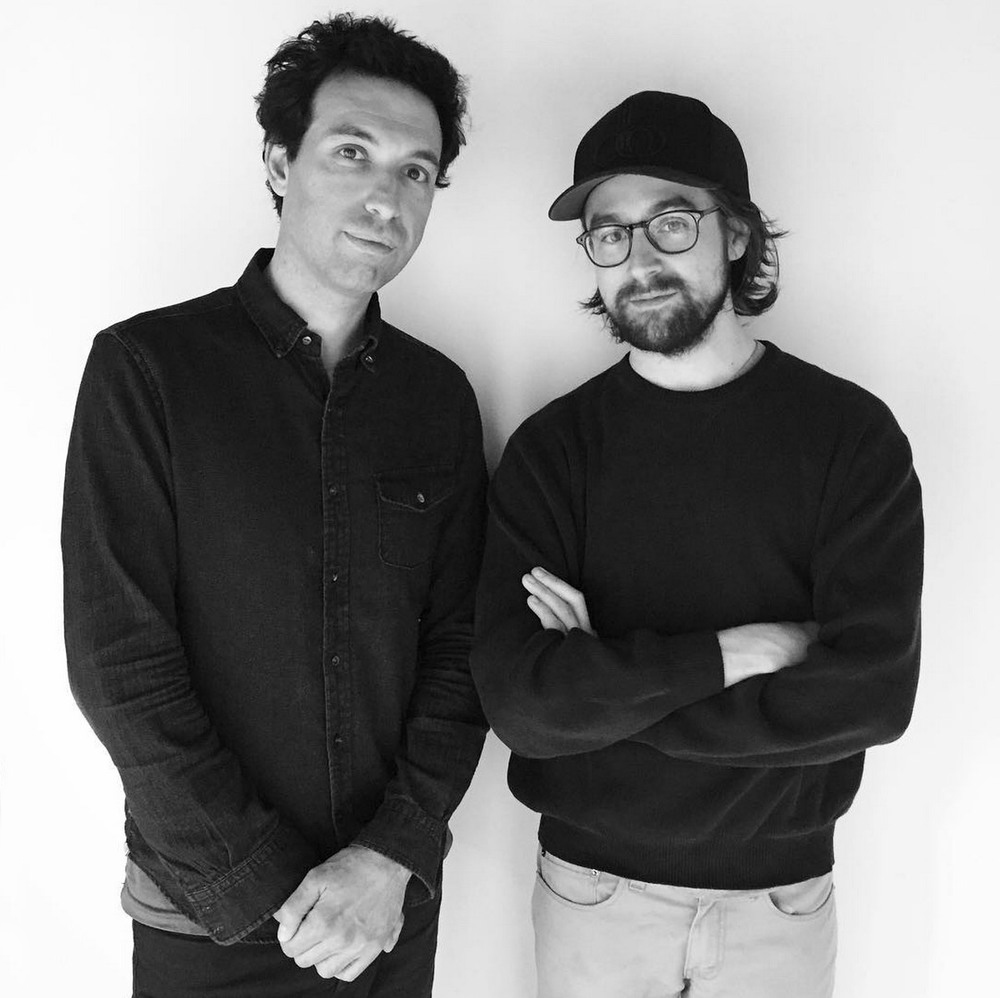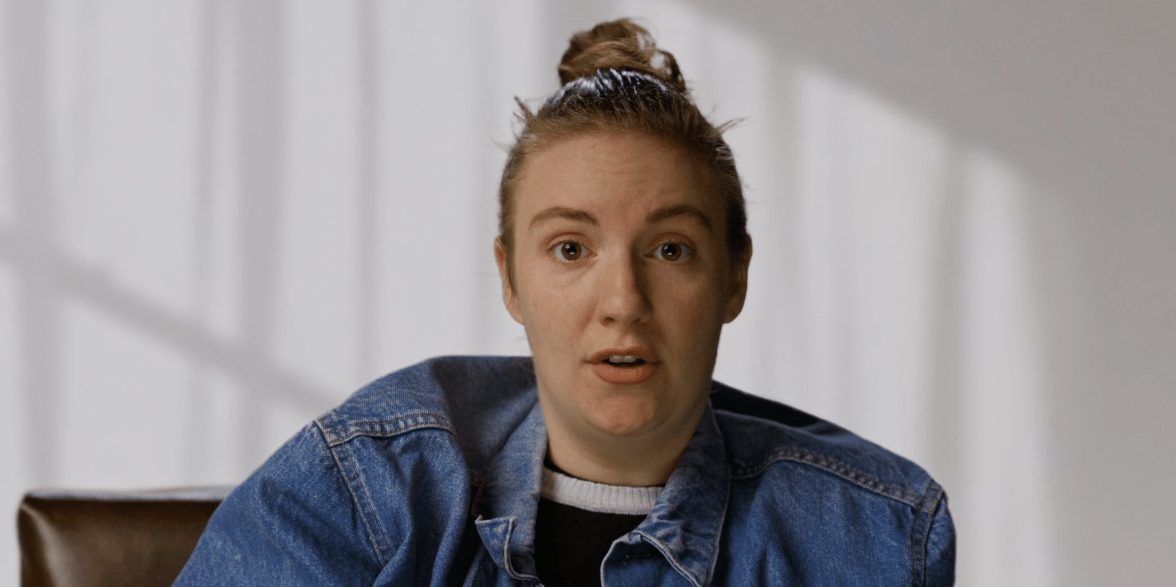We have become increasingly outspoken about mental health in recent months. Aided in part by social media and even memes, everyday people and massive pop stars are getting refreshingly real about everything from anxiety to eating disorders. But what’s actually discussed within the private confines of a therapist’s office is considerably more mysterious. What happens if a person — specifically, an accomplished, creative personality — condenses a lifetime of self-discovery into one bite-sized chunk of video intended for online consumption?
Teddy Blanks and Alex Karpovsky are finding fascinating answers to this question through their revealing new web series, Shrink. The accomplished directors — who started collaborating as SPEILBERGS after meeting on the set of Lena Dunham’s Tiny Furniture — have so far induced five of your fave creatives to summarize months, years, and sometimes decades of talk therapy takeaways into two intimate, hilarious minutes. The first season of Shrink includes interviews with Dunham, Natasha Lyonne, Susan Orlean, Sarah Silverman, Gary Shteyngart, and Kimberly Peirce, all set to original music by Tanlines. Crucially, the videos do not have solid conclusions, urging us to engage with our neuroses rather than simply expel them. “Maybe that’s what therapy is ultimately about,” says Orlean, “just to know yourself and to be at peace with who you are. I’d like to suggest that my neuroses are rather ordinary. But they’re mine, so that makes them very special to me.”

How did the idea for Shrink come about? What are you aiming to achieve through it?
Alex: I was introduced to a young British comedian a little while back. After a few drinks, we stumbled onto the subject of talk therapy and he told me that he started about three years ago, when he was going through an agonizing period of self-hatred. He made incredible progress, and was now in a healthy relationship, and his career was going better than ever. Somewhat jokingly, I asked him if he could summarize everything he learned before he finished his beer. The comedian then launched into a hilarious, revelatory, and very moving description of his journey to higher self-esteem. It was an incredible experience that stayed with me for a long time.
What are your own experiences with therapy?
Alex: My parents emigrated from the Soviet Union when I was three and Teddy is from southern Virginia, so neither of us grew up in cultures where therapy was prevalent, exactly. Because we both ended up moving to New York where everyone is in therapy, I think we became a little obsessed with it. That being said, it was making this show that made me decide to go into therapy myself. I’m currently in the process of finding a therapist.
Teddy: I entered therapy when I was 25 after my best friend died, and I was in it for three years. It was a crucial part of my life for that time period and helped me get through it in one piece. I released an album of songs in 2013 called Therapy. When I started collaborating with Alex, one of our first big ideas was for a screenplay about an eccentric therapist. That one remains unfinished, but it’s a subject that keeps coming up in everything we do.
The videos are both serious and laugh-out-loud funny. Why is the humor important?
Teddy: I think humor is always our “way in.” We want everything we do to be a little funny, and we gravitate toward funny people. So even when the subject is serious, we try to find moments of levity.
Alex: First and foremost we wanted Shrink to be entertaining. The whole idea of shrinking a lifetime of therapy into under two minutes is patently absurd, so we wanted the tone to reflect the concept.
Do you consider talking about therapy to be a form of therapy?
Teddy: The process of making these was definitely therapeutic. The on-camera interview is a unique situation, but it does feel a little like one-on-one (or in our case two-on-one) talk therapy. You hear what other people have learned about themselves through therapy and you can apply it to your own life.
What do you look for in potential subjects? Would you ever interview someone outside the creative industries, i.e. an investment banker?
Alex: Our main goal is to find people who have been through enough therapy that it has changed them in some way, and who can talk about those experiences in a way that is concise, honest, and entertaining. But of course we are also limited by who says yes and who is available on the day we plan to shoot the interviews.
Teddy: If we are lucky enough to make more of these, which we definitely want to do, we’d love to include a group of interviewees that is more diverse in every sense of the word. We think it’s important to get the perspectives of people of color. We’d also love to talk to people outside of creative fields, as long as they can be charming and engaging, of course.
I learned a lot watching the series. What were you surprised to learn while filming this project?
Teddy: Susan Orlean said something in her interview that was very interesting to me: therapy didn’t work for her until she stopped lying to her therapist. It’s great to keep in mind that of all the people in your life, your therapist is the one for whom you don’t have to put on a show about how well everything is going.
